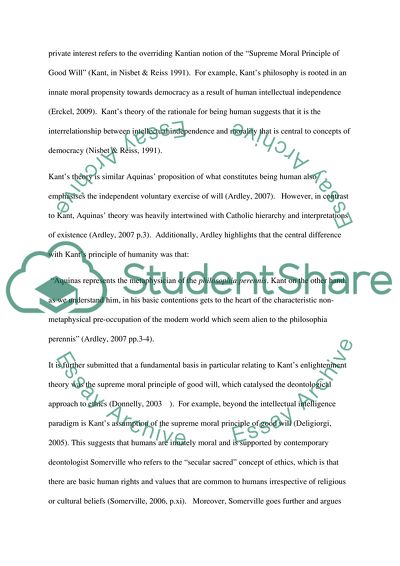Cite this document
(Will Theory and the Interest Theory of Rights Assignment Example | Topics and Well Written Essays - 1750 words - 1, n.d.)
Will Theory and the Interest Theory of Rights Assignment Example | Topics and Well Written Essays - 1750 words - 1. https://studentshare.org/sociology/1750058-compare-the-will-theory-and-the-interest-theory-of-rights-which-is-most-plausible
Will Theory and the Interest Theory of Rights Assignment Example | Topics and Well Written Essays - 1750 words - 1. https://studentshare.org/sociology/1750058-compare-the-will-theory-and-the-interest-theory-of-rights-which-is-most-plausible
(Will Theory and the Interest Theory of Rights Assignment Example | Topics and Well Written Essays - 1750 Words - 1)
Will Theory and the Interest Theory of Rights Assignment Example | Topics and Well Written Essays - 1750 Words - 1. https://studentshare.org/sociology/1750058-compare-the-will-theory-and-the-interest-theory-of-rights-which-is-most-plausible.
Will Theory and the Interest Theory of Rights Assignment Example | Topics and Well Written Essays - 1750 Words - 1. https://studentshare.org/sociology/1750058-compare-the-will-theory-and-the-interest-theory-of-rights-which-is-most-plausible.
“Will Theory and the Interest Theory of Rights Assignment Example | Topics and Well Written Essays - 1750 Words - 1”. https://studentshare.org/sociology/1750058-compare-the-will-theory-and-the-interest-theory-of-rights-which-is-most-plausible.


